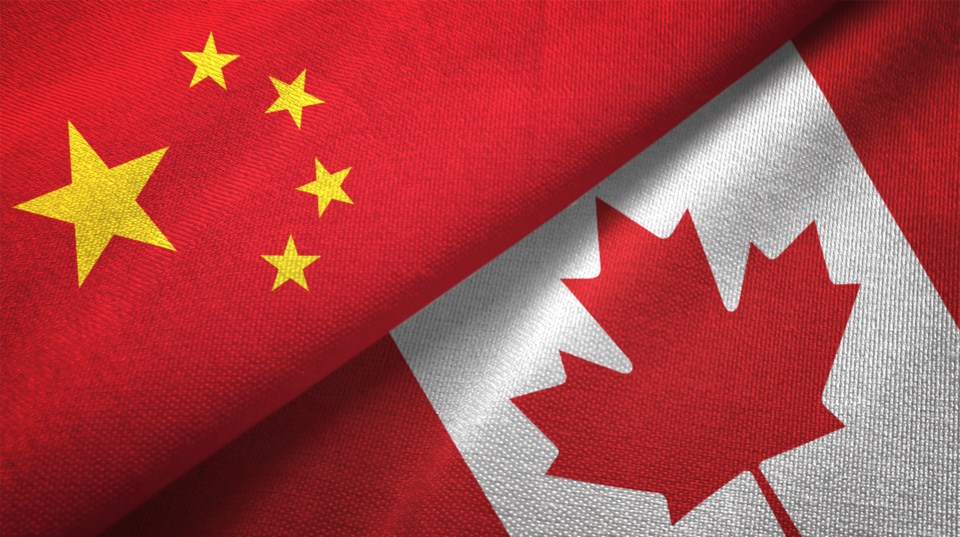What will happen next between Canada and China has been the hottest topic among the Richmond Chinese-speaking community after the “Two Michaels” were finally back on Canadian soil after being locked up unjustly in China for almost three years.
Ken Tung, the former chair of immigrant services organization SUCCESS, said the arrest of Michael Kovrig and Michael Spavor – which followed Canada’s detention of Chinese Huawei executive Meng Wanghzou -caused “devastating and irreparable damage” to Canada- China relations, making some locals see the Asian superpower as a threat.
"First, it's hard to protect Canadians' safety when they head to China to do business, including Hong Kong,” said Tung, adding that Canada should find other business partners for the long term.
“The two Michaels were just doing business before they got arrested. Secondly, all businesses are built on mutual trust and respect in the west. How do we still keep business relations and trust as usual after the arrests?"
However, it's not that easy to go against China, according to Hugh Stephens, a senior fellow with the Asia Pacific Foundation of Canada, who spoke to more than 100 people via an online forum hosted by the Europe Asia Economic Forum Thursday night.
"It's all too easy for commentators, officials and academics to preach for diversification, but it's much less easy for Canadian businesses not to be affected," said Stephens.
Stephens cited a recent study conducted by the Government of Canada estimates that China supplies one in 12 traded products globally at the HS-6 level, indicating that over 50 per cent of Canadian imports have some Chinese content.
In other words, losing any of these imports could cause significant damage to the Canadian economy and Canadian business.
"Another example, 97 per cent of Canadian industries import electrical components as well as computer parts from China. Because of COVID-19, there has been some push for diversification of suppliers, but China isn't easily replaced," said Stephens.
China policy analyst and consultant John Gruetzner, who lived in China for 37 years but is now based in Vancouver, said from a pragmatic point of view, it's more important for two countries to find areas of cooperation and mutual profits because when two countries stop doing business, the risk of not being friends is greater.
The Richmond News also reached out to newly elected candidate for Richmond Centre Wilson Miao for comment, but were referred to Global Affairs Canada, which said that the Canadian government will “keep its eyes wide open when it comes to relationships with China. More than ever, we believe that it is essential that democratic countries work together to promote values of democracy and human rights," said Christelle Chartrand, spokesperson of Global Affairs of Canada.
"We will also continue to work with our partners and allies in order to denounce and end the practice of arbitrary detention in state-to-state relations. The Canadian government will continue to be firm and steadfast in defending Canada's values and interests."



